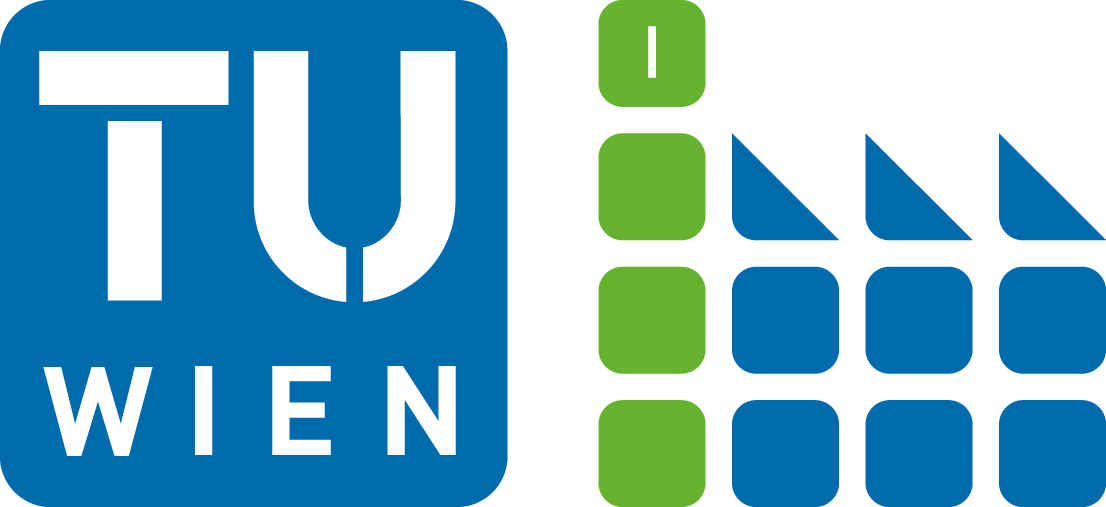ON OCTOBER 19th 2017, THE TU WIEN PILOT FACTORY INDUSTRY 4.0 STARTS ITS ENGINES. THE START OF PRODUCTION WITH NEW METHODS AND PROCEDURES WILL BE SUPPORTED BY ‘BMVIT’, INDUSTRY PARTNERS, THE ‘RESEARCH FUNDING SOCIETY’ AS WELL AS THE ‘AGENCY OF ECONOMICS VIENNA’.

The TU Wien Pilot Factory Industry 4.0 holds it’s very first ‘Open Lab Day’ on the 19th of October 2017, which will also mark the start of regular demonstration production. How can a modern production work, if the goal is to produce in low quantities? What if very specific customer needs are to be considered and – in the extreme case – every single finished product is supposed to be a custom made unique item? For these questions, the Pilot Factory will have the solutions. The Ministry of Infrastructure is funding the Pilot Factory with two million Euros. The amount is matched by the TU Wien in cooperation with industry partners. The City of Vienna is providing the location.
MODERN PRODUCTION AT THE RESEARCH LOCATION VIENNA
The production of industrial goods will take place very differently in the future. ‘Different work steps will be interconnected, an intelligent and continuous IT will ensure more efficiency, also when dealing with individual customer needs and therefore small quantities.’, Prof. Detlef Gerhard explains, dean of both the faculty of Science of Machines as well as Science of Management at TU Wien as well as one of the initiators of the Pilot Factory. ‘A consistent data processing can automatically connect all steps from individual configuration and order of a product, necessary constructive adjustments, through to partial production and montage.‘, Gerhard continues. ‘Our Pilot Factory is a central carrier in the framework of TU’s activities regarding Industry 4.0.‘, Johannes Fröhlich adds, who is the vice rector of Research and Innovation at TU Wien. Connected to it is the work at K1-Center ‘Austrian Center for Digital Production’, where virtualisation of production, flexible automation and machine communication is being researched. ‘For competence strengthening we offer the DigiTrans 4.0 course, which is an important way to educate companies‘, Fröhlich says.
‘In the digitalised factory the old contradiction of cheap assembly line production versus expensive unique pieces is no more. We are going to configurate our cars according to our needs and wishes in the future, instead of choosing between prefabricated models – from design and motor through to its interior. Right now, domestic companies are testing the digital production of tomorrow in our pilot factories, without disrupting their own production. That’s how we can develop new production methods and create new positions‘, says the Minister of Infrastructure Jörg Leichtfried.
BATCH SIZE 1 AT THE TOUCH OF A BUTTON
Which steps have to be taken next? How can they be summarised efficiently? Can these steps be chosen in a way that saves time and energy and that optimally uses the machines to capacity? In a modern factory these decisions can not be made by humans, the overall system is too complicated. But with modern data processing new possibilities open up. The goal is to realise ‘batch size 1’ with the same costs as a large-scale production. Modern production planning and Industry 4.0 strategies are now being researched at TU Wien – by means of producing 3D printers. ‘It is a product that works well for our purpose‘, Detlef Gerhard reckons. ‘It is complex enough to be an example for the mentioned questions, combines mechanic components with electrical drives, electronic engineering and software for control systems and can be produced in many variants – f.e. different sizes or different print heads. That poses challenges for the planning of the production process.‘
FUNDING THE CENTER OF TECHNOLOGY

‘For more than seven years innovative production technologies are a central funding priority, that the Research Funding Society handles for the bmvit. Heart of these efforts are pilot factories, as they are set up at the TU Wien, TU Graz and Johannes-Kepler-University Linz right now. We expect, that pilot factories will play an active roll in the central fields of innovation, technology and research, which will be digitalisation, robotics and automatisation and we wish the Pilot Factory TU Wien good luck and success!‘, says Klaus Pseiner, director of the Austrian Research Funding Society and emphasises that ‘the FFG offers – besides the pilot factories – numerous additional funding models for future topics like this.‘
‘It was important to us to allow a quick start for the Pilot Factory at our Technology Center. By interacting with already established global corporations like HOERBIGER or Opel and dynamic tech start-ups the ‘Seestadt’ was able to evolve into an Austrian center for research and implementation of solutions for the Industry 4.0‘, says Herhard Kirczi, the director of the Vienna Business Agency.
FACTORY WITH DIGITAL TWIN
Besides continuous data processing, which connects all steps with each other, there is another main concern, which is significant for the implementation of an efficient production and which will be researched at the TU Wien Pilot Factory: The factory has a ‘digital twin’, which means that all processes can be virtually simulated on the computer. ‘Only if we’re able to play through changes in product processes in advance, the processes can be designed optimally’, explains Detlef Gerhard. Furthermore, there are a lot more topics, that are researched at the TU Wien Pilot Factory – talking about communication between machines, collaborative robotics as well as security aspects and the question, how to optimally interpret and use the extensive data material that arises in an automated factory.
Fotos: © TU Wien / Matthias Heisler
FURTHER INQUIRY NOTE:
TU WIEN | PILOT FACTORY
Dr. Claudia SCHICKLING
T: +43 664 605887041
claudia.schickling@tuwien.ac.at




